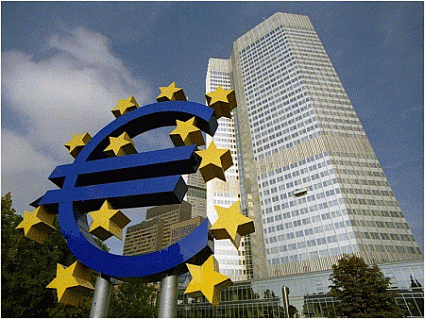
The U.S. stock market ended a six-week slide and eked out its first weekly gain since late April, but don’t exhale just yet.
Late Friday, the market held on to narrow gains and remained on alert, as Germany and France huddled with the European Central Bank to devise a rescue plan for Greece, which has been roiled by protests against austerity measures.
Europe’s drama—and how a Greek default will affect banks—isn’t the only source of uncertainty. On one hand, money managers have recently pared back risk, turning defensive health care, consumer staples and utilities into the only sectors clinging to gains this quarter, and many pros are holding cash they’re eager to put to work. But on the other hand, the majority still sees today’s economic soft patch as temporary and expects growth to pick up anew in the second half. That means any evidence to the contrary can still test our tetchy consensus and trigger more selling.
Since late April, skittish investors have already pulled more than $15 billion from U.S. stock mutual funds and shoved nearly $29 billion toward bond funds.
As traders fled risk, U.S. high-yield funds saw their largest weekly outflow in a year. Investors have also yanked $6 billion from commodity exchange-traded funds since late April, and hedge funds’ exposure to commodities is “approaching neutral” for the first time since late 2010, notes JPMorgan strategist Nikolaos Panigirtzoglou; yet “hedge funds appear to be long equities, far from the capitulation levels of last summer.”
It helps that two major drags—the disruptions following Japan’s disaster, and high energy costs—are set to moderate in the coming months. Last week, crude oil absorbed its fourth loss in five weeks, slipping 6.3% to $93 a barrel, down from $114 less than two months ago.
It also helps that expectations have shriveled swiftly, even if Wall Street analysts are still slow to trim their 2011 profit estimates. Retail sales in May fell for the first time in 11 months, but the 0.2% decline from April was smaller than economists feared. Best Buy (ticker: BBY) saw margins squeezed by promotions and indifferent shoppers, but the 12% drop in first-quarter profit wasn’t as bad as analysts forecast, and shares jumped 9% last week.
The stock market has pulled back 7% over six weeks since late April. That’s on par with the 6.4% retreat over four weeks, from mid-February to mid-March. Yet on some level, this second correction of 2011 felt more ominous—unfolding, as it did, continuously amid European uncertainty, with commodities flailing and as our market-supporting Federal Reserve prepares to end Act II of its benevolent quantitative-easing opus. Our Fed chairman is scheduled to make an appearance this week, and he’s sure to say something soothing. But rising shelter costs and the widening of year-over-year core inflation, to 1.5% in May from 1.3% in April, limits the kind of promises he can coo.
Meanwhile, a Greek bailout should placate the market, but expect a real rally only if the European Central Bank cuts interest rates. While the ECB has nudged rates higher just once recently, the Euribor rate, a gauge of banks’ appetite for euro lending, has risen 0.87 percentage points since early 2010—effectively raising the cost of credit for all Europe.
Weaker European nations can’t handle a period of rising funding costs, “and the debt markets appear to be echoing this sentiment,” says Michael Darda, MKM Partners’ chief market strategist. “We do not believe the austerity/bailout policy will work unless the ECB reverses course and begins to ease aggressively.”
The Weekly Commentary
Observations of the current state of the stock and bond markets
